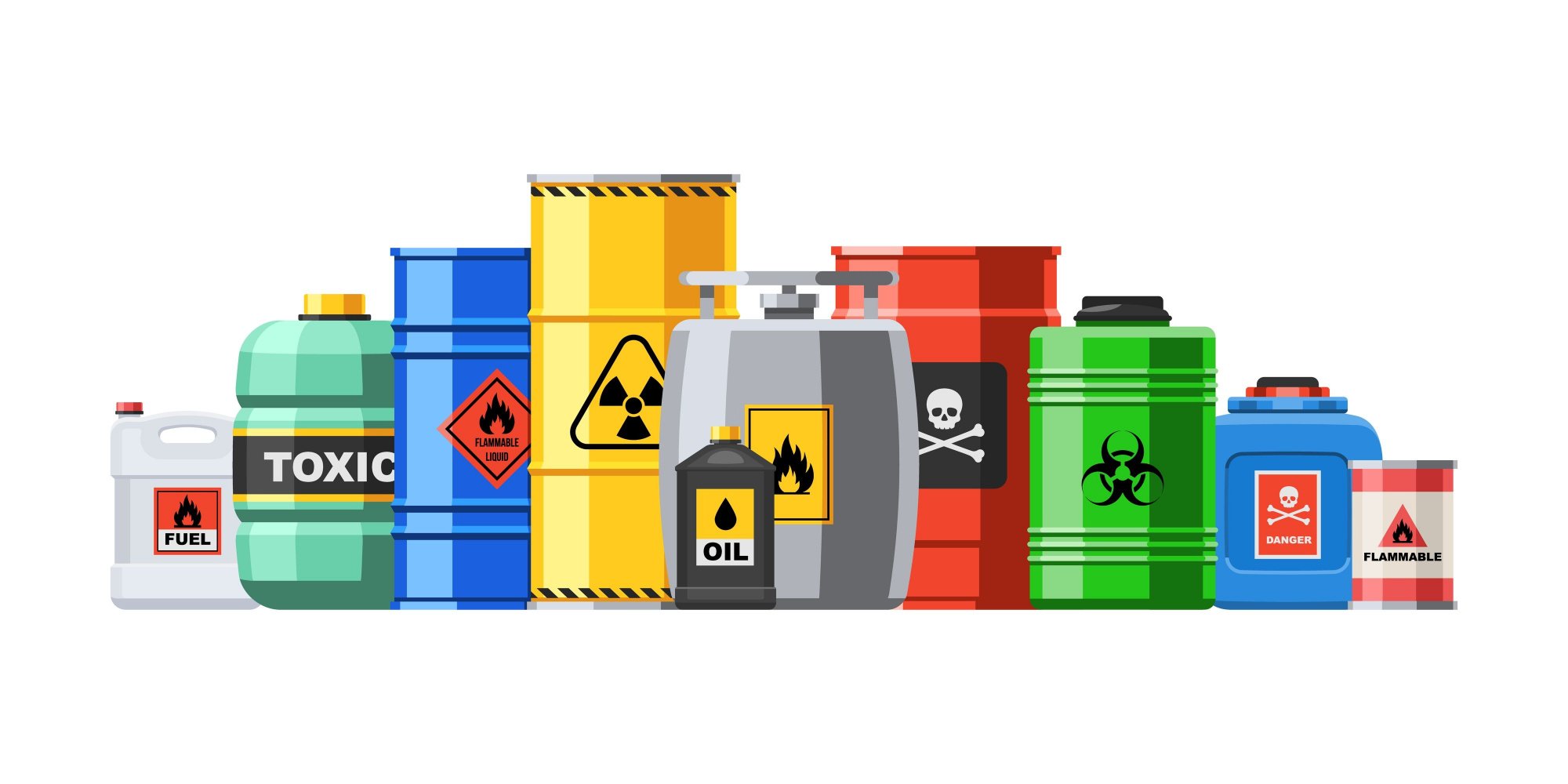 The Ethical Imperative: Upholding Hazardous Waste Disposal Regulations for Environmental Integrity
The Ethical Imperative: Upholding Hazardous Waste Disposal Regulations for Environmental Integrity
Fri Apr 12, 2024 5:20 pm

In the tapestry of environmental responsibility, Hazardous Waste Disposal Regulations stand as a cornerstone, guiding businesses and industries towards ethical waste management practices. These regulations, born out of a collective commitment to protect human health and preserve the environment, set the standard for responsible handling, treatment, and disposal of hazardous materials. In this article, we delve into the ethical imperative of upholding Hazardous Waste Disposal Regulations, exploring their significance, challenges, and the ethical considerations that underpin their implementation.
Ethical Foundations of Hazardous Waste Disposal Regulations:
At the heart of Hazardous Waste Disposal Regulations lies a fundamental ethical principle: the duty to protect human health and the environment. These regulations are rooted in a recognition of the inherent risks posed by hazardous materials and the moral obligation to mitigate those risks through responsible management practices. By upholding Hazardous Waste Disposal Regulations, businesses and industries demonstrate their commitment to ethical conduct, environmental stewardship, and corporate social responsibility.
Protecting Human Health and Environmental Integrity:
The primary objective of Hazardous Waste Disposal Regulations is to safeguard human health and environmental integrity from the adverse effects of hazardous materials. These regulations establish standards for the safe handling, storage, transportation, treatment, and disposal of hazardous waste, ensuring that these materials are managed in a manner that minimizes risks to human health and the environment. By complying with Hazardous Waste Disposal Regulations, businesses and industries fulfill their ethical duty to protect the well-being of present and future generations.
Challenges and Ethical Dilemmas:
While Hazardous Waste Disposal Regulations provide a framework for ethical waste management, they also present challenges and ethical dilemmas for businesses and industries. Compliance with regulations can be resource-intensive, requiring investments in infrastructure, technology, and employee training. Moreover, balancing environmental responsibilities with economic considerations and operational constraints can pose ethical dilemmas for organizations. However, ethical leadership, transparency, and a commitment to corporate values can guide businesses in navigating these challenges and upholding their ethical obligations.
The Ethical Role of Innovation and Best Practices:
Innovation and the adoption of best practices play a critical role in addressing the ethical dimensions of hazardous waste management. By investing in innovative technologies, processes, and practices, businesses can minimize waste generation, reduce environmental impact, and enhance resource efficiency. Moreover, embracing sustainability principles and integrating environmental considerations into decision-making processes can help organizations uphold their ethical responsibilities while driving positive social and environmental outcomes.
Collaborative Ethical Leadership:
Achieving ethical waste management practices requires collaborative leadership and engagement across multiple stakeholders, including government agencies, industry associations, environmental organizations, and local communities. By fostering dialogue, building partnerships, and sharing knowledge and resources, organizations can leverage collective expertise to address common challenges and achieve shared ethical goals. Collaboration fosters trust, promotes transparency, and strengthens the ethical fabric of hazardous waste management practices.
Upholding Hazardous Waste Disposal Regulations is not only a legal requirement but also an ethical imperative for businesses and industries. By complying with these regulations, organizations fulfill their ethical duty to protect human health and environmental integrity, demonstrating a commitment to ethical conduct, environmental stewardship, and corporate social responsibility. Let us continue to uphold the ethical principles of hazardous waste management, embracing innovation, collaboration, and best practices to create a world where hazardous waste is managed responsibly, sustainably, and ethically.
Permissions in this forum:
You cannot reply to topics in this forum|
|
|



